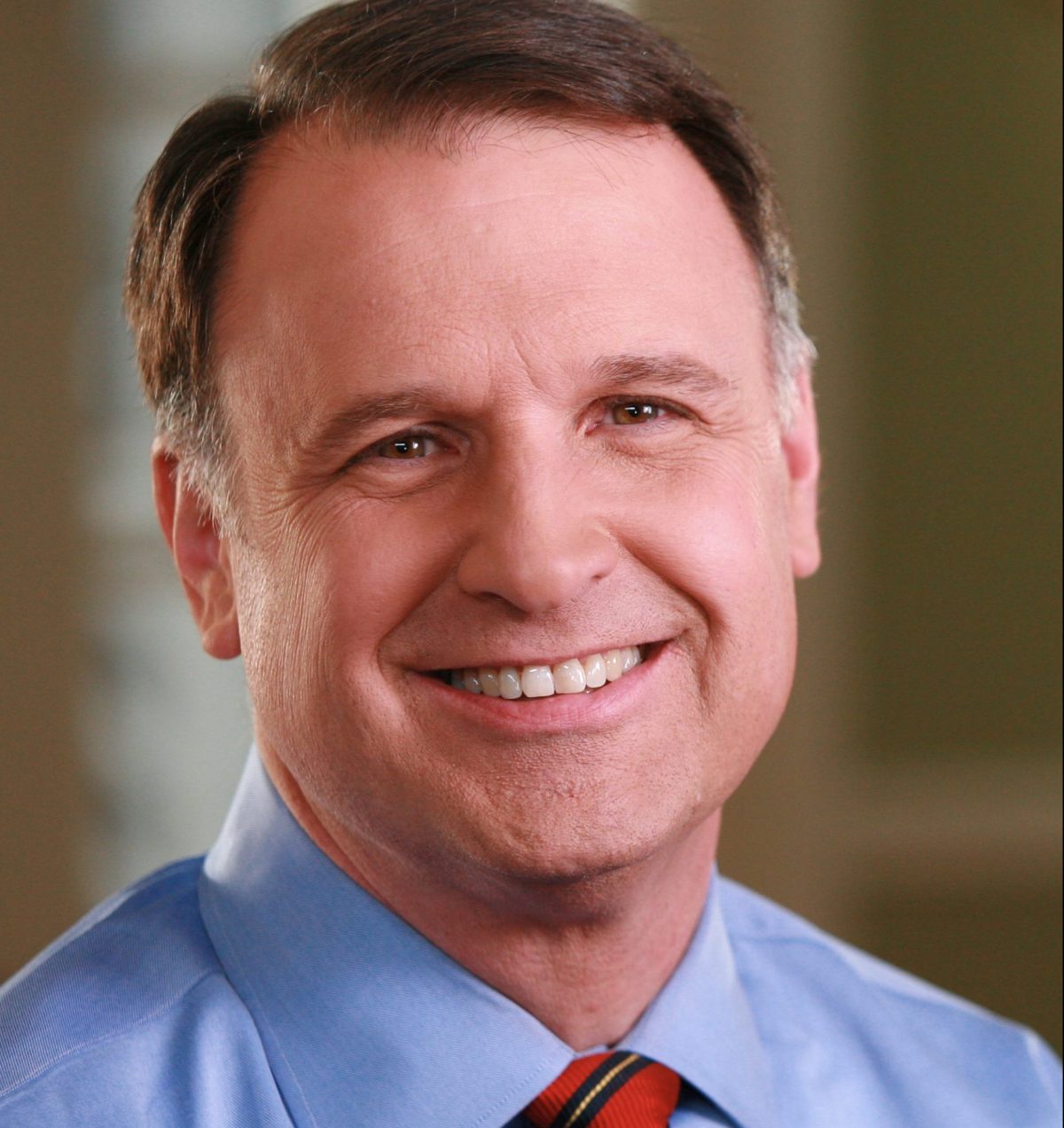Charlottesville’s lawmakers are in Richmond for the start of Virginia’s new legislative session, which is scheduled to run for 60 days, beginning on January 10. The legislators’ priorities run the gamut, from abortion access to restoration of voting rights.
For state Sen. Creigh Deeds, the start of the session comes with a new district number—11—and new leadership roles. After a slate of retirements, he is now the second-most senior Democrat in the Virginia Senate, and will chair the Committee on Commerce and Labor and the Subcommittee on Health and Human Resources.
Deeds says his priorities remain unchanged, despite his new roles. “In a broad sense, my goal and the goal of every legislator should be to make Virginia the best place to live, work, and raise a family,” he says. “To that end, I will work to build out the best mental health care system in the country right here in Virginia, to expand services to all parts of Virginia, and to make sure that we do everything possible to not leave people behind.” Other top issues for Deeds include public safety, economic development, and school funding. “Public education has to be the number one priority.”
To advance his priorities, Deeds says he’s working on a wide range of legislation, but is constrained by a cap on the number of bills he can introduce. “A senator can carry 21 bills, but that does not include bills that come from commissions,” he says. Deeds plans to platform gun regulation, criminal justice reform, and renewable energy, among other legislation. “Much of the work I will do will be through the budget. I will introduce budget amendments on behalf of the localities I represent and to promote the delivery of care, specifically in the health care world.”
The Charlottesville area has two new representatives in the House of Delegates: Katrina Callsen in District 54 and Amy Laufer in District 55. Both delegates are still settling into their roles, but are excited about the work to come.
To prepare for the start of the session, both women are meeting with colleagues, advocates, constituents, and other stakeholders. “I have filled my time before my swearing-in with meetings, … calls, trainings, hiring staff supports, community events, and work on legislation,” says Callsen. “I’m ready.”
Laufer has taken a similar approach, “meeting with as many of my colleagues as possible before the session starts, to find areas of common ground, as well as advocates and agency representatives who will be impacted by legislation.”
Both Callsen and Laufer say their priorities remain unchanged from their respective campaigns, and they hope to advance their work through legislation.
“My top priorities are centered around protecting and uplifting our communities,” says Callsen. “My priorities haven’t shifted, but I can’t tackle them all alone. I am working closely with my new colleagues to make sure we carry bills together that accomplish our goals.” The delegate is currently working on a variety of issues, including foster care, gun safety, and voting rights.
In District 55, Laufer says she is “getting into the minutiae of the issues and making changes in the code in different ways to realize our priorities.” Beyond her campaign promises, Laufer indicated she is working on both bipartisan and nonpartisan items. “I’m spending a lot of my time talking with the localities I represent about how to assist them in improving services they provide to the community, and I’ll be submitting several budget amendments to follow through on that.”
One legislative focus for Laufer is a bill that deals with employment and wages for people with disabilities. “We are excited to work on increasing employment opportunities to enable people with disabilities to earn a living wage, have the dignity of work, as well as gain some independence,” she says.
Democrats control both chambers of the legislature, but all three local representatives know they have to advance legislation that Republican Gov. Glenn Youngkin will sign.
“Democrats have to be very careful and smart about the legislation that we put on the governor’s desk,” says Deeds. “We still have to work on a bipartisan basis to actually get things done. We want to challenge the governor and make him take positions on things that he has not addressed before, but we need to be careful about the legislation. It is more important to get things done, than it is to make political points.”
